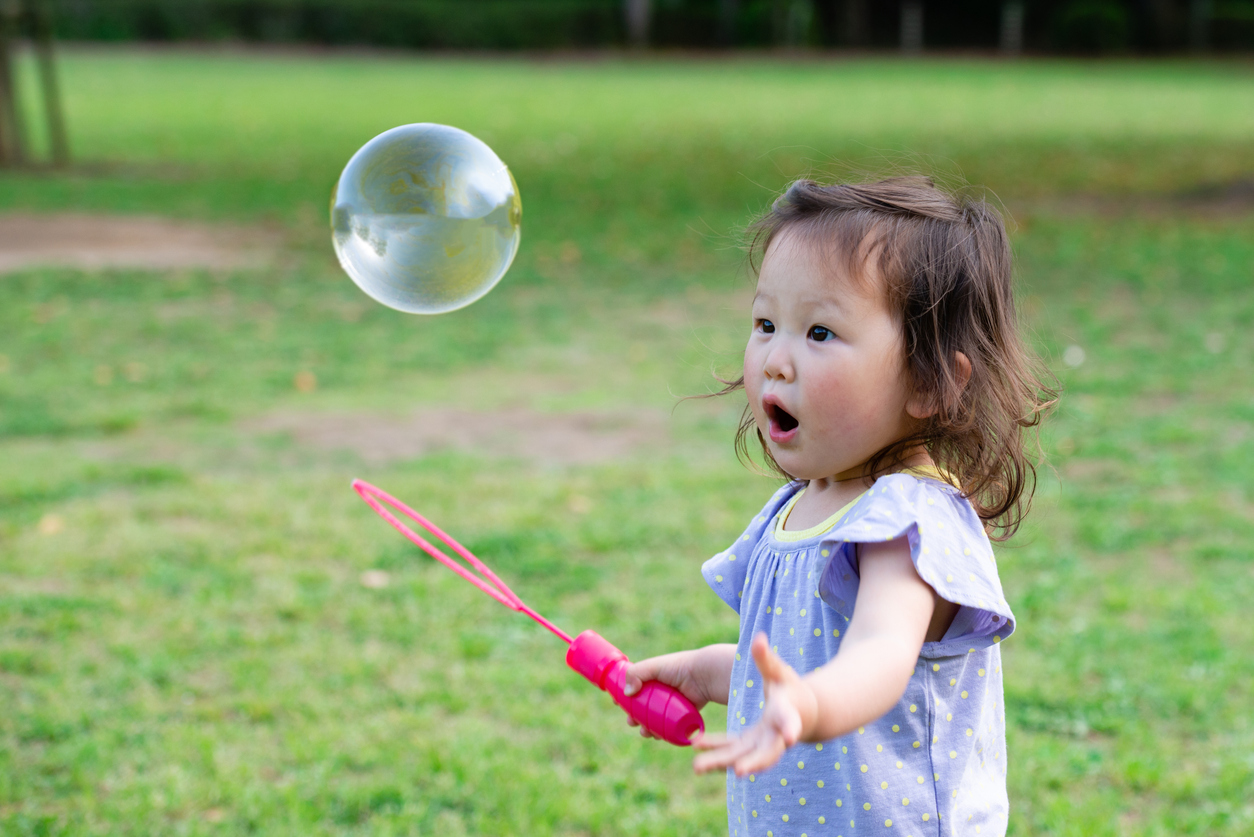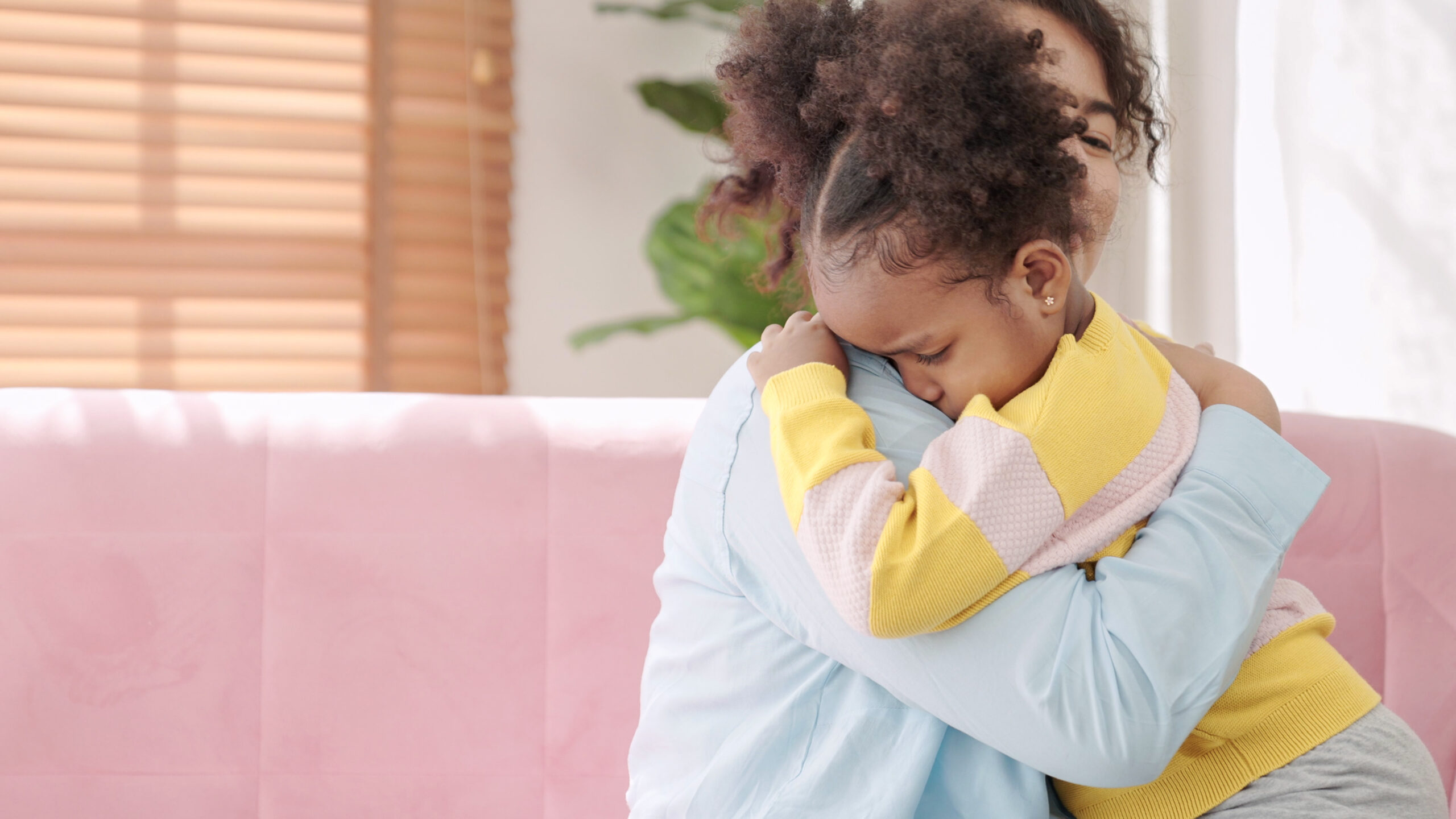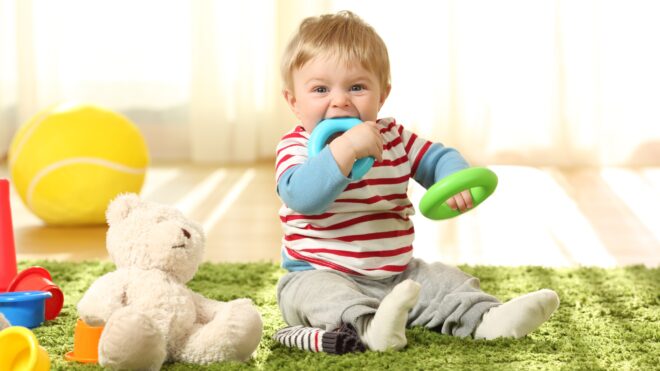
Toddlers are pretty cute, aren’t they? Like the way they insist on dressing themselves and really not caring that their pants, shirt, and shoes completely clash with one another. Or how you will offer them everything under the sun in terms of food during lunchtime only to find them eating off your plate 20 minutes later.
One thing that isn’t so cute and can really try our patience as parents is when toddlers have those full-blown, shudder-inducing tantrums that bear a resemblance to an exorcism.
Toddler tantrums can involve anything from crying so hard that they make themselves sick to yelling and screaming and taking swings at you as you try to soothe them.
Even though you probably have a solid parenting playbook of ways to make those tantrums a little less painful, there are certainly some behaviors to think about in terms of why they occur so often while they’re going through the pivotal and always entertaining toddler stage.
It could be a change in their routine that they do not wish to participate in.

We’ve all been around a toddler who is enjoying themselves before bedtime as they play with their toys or are mindlessly engrossed in a television program. Some little ones get so involved or stuck in whatever they’re doing, they simply want nothing to do with even the mere thought of having to do something else with their time.

Johns Hopkins All Children’s Hospital notes that temper tantrums can often happen when there is a change in their routine that’s unexpected for them and they find it difficult to mentally deal with that unforeseen shift.
If that seems to be the case, Johns Hopkins suggests verbalizing five-minute warnings to your toddler just so they know what’s coming up for them and are not surprised when it’s time to take a bath or go to bed.
A tantrum is how they express frustration due to a lack of developmental motor skills.

One thing that’s important to remember about toddlers and that age group, in general, is that they are still at the very early stages of physical and motor skills development, so they are not going to get it right every time when experiencing and trying to express heightened emotions.
The New York Times explains that most toddlers “haven’t mastered the ability to use logic and words to express their feelings,” and beyond that, “they [tend] to live their lives completely in the moment.”

So, when you put a lack of reason together with the inability to properly express their wants and needs, it can often cause an eruption in their emotions and bodily functions that they haven’t even begun to understand.
This is another reason that it’s vital to practice patience and understanding when your toddler has a tantrum, because at the heart of it is usually frustration for their current situation and a lack of understanding and development on how to properly express those emotions.
They could have issues with self-soothing and impulse control.

When your toddler was a baby and they would cry due to being hungry or uncomfortable, it’s customary that you would just step up as their parent and help them feel better by doing any number of things like rocking them to sleep or rubbing their back.
Child Mind Institute notes that as a toddler grows and learns, they are likely still lacking in some of those skills that are developed throughout childhood, which may include self-soothing techniques and impulse control.

Toddlers aren’t fully aware yet how to regulate those feelings of frustration or anger they experience when you tell them to stop pulling on the electrical cord of the table lamp in the family room. As parents, you can help them to learn how to use their words and process their feelings in healthier ways.
They don’t know how to properly express their emotions yet, so they aggressively lash out to try to tell you what they’re feeling.

Have you ever had one of those days when everything goes completely haywire and wrong at work and then you get home and one little thing sets you off? That kind of state of mind can perfectly encapsulate that of a toddler who doesn’t get their way.
Psychology Today explains that there aren’t really “bad or disobedient” toddlers because even when they get a bit aggressive with excessive kicking, screaming, and scratching, it’s likely the only way they know how to express themselves to their parents or the ones around them that they simply don’t feel heard.

They suggest that if you have a toddler who has tantrums that turn physical, you can try coming at this kind of behavior by conveying a nurturing and supportive demeanor and gently stopping them from getting physical and aggressive with you and themselves.
More from LittleThings: From Snacks To Hacks: Useful Travel Tips For Taking Kids On A Plane
It could also be as simple as they’re hungry and overtired.

There are so many emotions and things that happen in a single day for a toddler that you might sometimes forget that a tantrum can be set off by something so basic and completely normal.
Raisingchildren.net.au notes that common triggers for tantrums in toddlers could be caused by hunger, tiredness, and overstimulation.

Think about when you let yourself go a little too long without a proper meal or if you’re feeling exhausted and trying to complete a task. Things can often take a turn for the worse, and you're an adult who has likely learned and developed the language and motor skills needed to healthily communicate your needs.
When a toddler gets overstimulated or desperately needs a nap, it can make things that much more difficult for them to manage their big feelings and self-regulate when they have these other needs and feelings rising to the surface.






